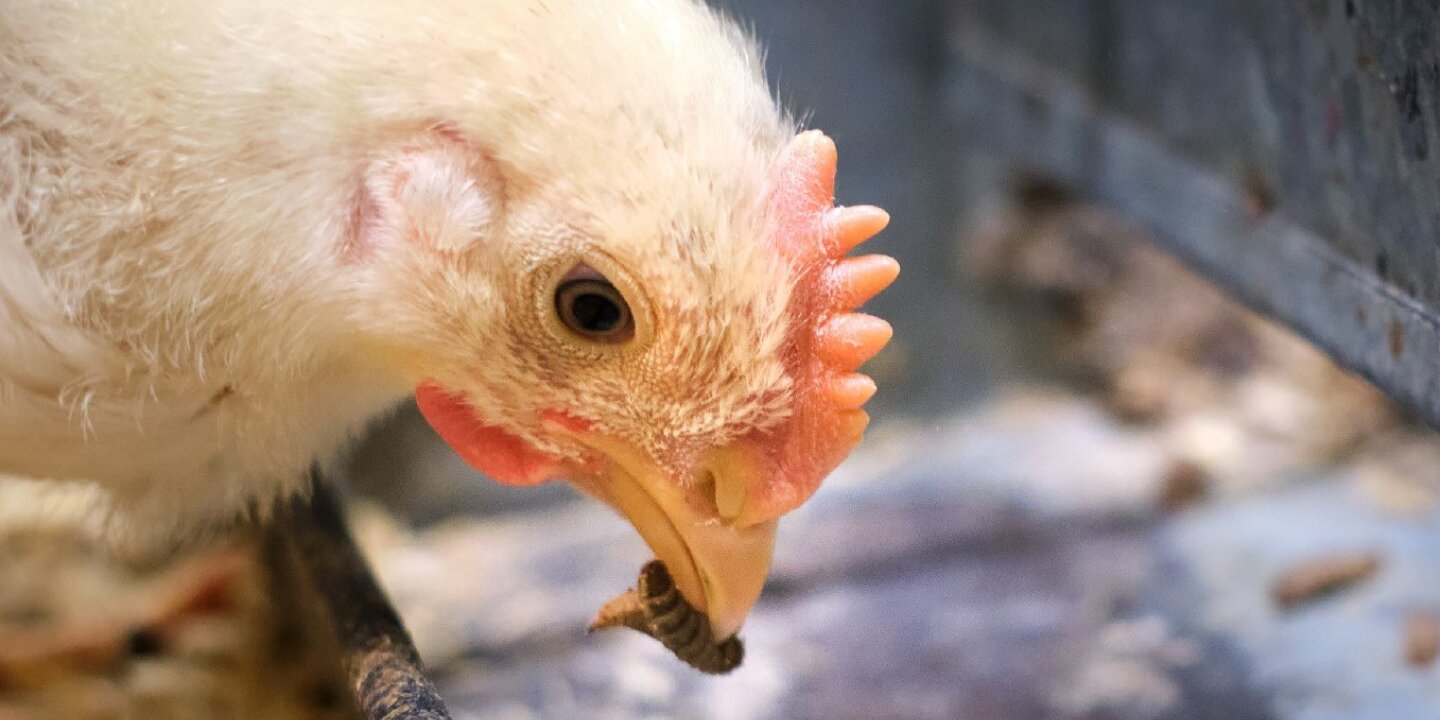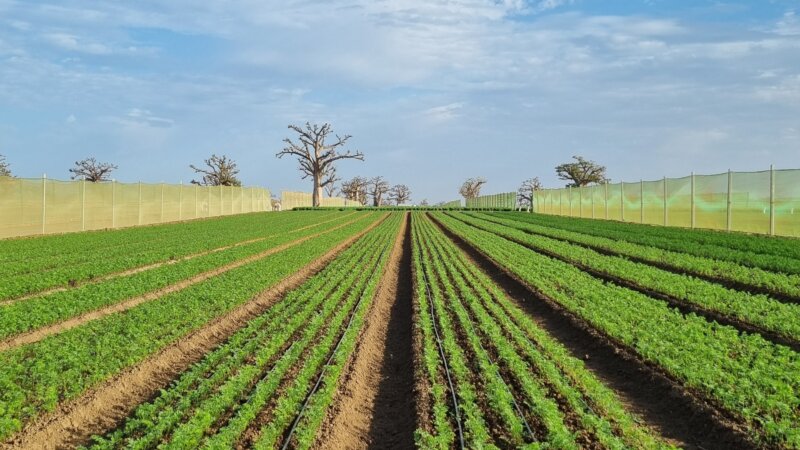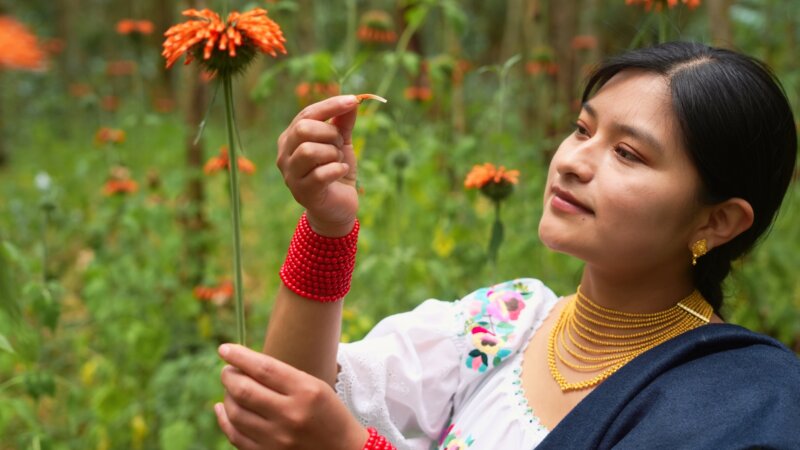Black soldier fly production for animal feed in Ethiopia

Wageningen University & Research
Black soldier fly rearing is an innovative biotechnology that has the potential to tackle, in a sustainable manner, challenges related to organic waste management, proteins and lipids sourcing for animal feed, and access to fertiliser. Ethiopia appears to possess a suitable environment for the adoption of this technology and the development of an industry. Logistical, legal and cultural aspects will play important roles if this promising sector is to be successful.
Effective organic waste management, affordable animal feed and fertiliser are three major challenges that permeate across rural and urban Ethiopia. The rearing of black solder fly (BSF, Hermetia illumes), a tropical insect and biotechnology, has been demonstrated, across the globe, to have the potential to tackle some or all of these challenges in a sustainable manner.
This feasibility study assesses the opportunities and challenges, at various scales, for the onset of this innovative industry in the country. It introduces the biotechnology, evaluates the different waste streams within different contexts (urban, rural, industrial), assesses the demand-driving factors for alternative ingredients for animal feed, presents two business cases to illustrate the potential of a BSF farm, and then elicits challenges to overcome and recommendations to undertake for smooth technology adoption and steady sector growth over the coming decade.
The increase in both the human population and migration into urban areas of Ethiopia have led to an increase in waste production. On average, 60% of the waste in an around urban areas is organic, yet it is often mixed with other waste types, making it challenging to be used as is for BSF rearing. Yet with adequate separation policies and practices,
BSF could play a crucial role in reducing the total biomass generated and thus alleviate the pressure on landfill and municipalities whilst making urban areas more attractive. Agro-processing and agricultural waste appear to be more promising for the rearing of BSF. Hotspots of potential project locations have been identified where there are ideal climatic conditions for BSF and value chain stakeholders are concentrated. Waste streams in rural areas are already well reused by farmers, thus developing projects that generate more than 0.5 tons/month of dry larvae is challenging. A medium-scale BSF farm, close to an urban area or on the premises of an agro-processing company, has been shown to be logistically and financially viable. Yet, the need for a thorough understanding of the project supply chain is crucial. Indeed, the quantity and quality of substrates (the waste streams) fed to the larvae play a critical role in the operational and financial success of the BSF farm.
The demand for animal-sourced food has been increasing over the past decade, and so has the price of animal feed ingredients, particularly protein sources. The need for competitive alternative sources of protein for animal feed, and thus BSF, has been estimated and confirmed from recent market data and key personal communications. Similarly, the need for affordable fertiliser has been also estimated and confirmed. Interviews with key stakeholders on the issue of integrating BSF products into their operations have elicited encouraging responses. Yet, it has also been recognised that cultural acceptance may be challenging, particularly without a legal framework, demonstration sites, and adequate communication and marketing strategies.
Follow-up studies on waste streams local to the project and customer segmentation could bring significant insight to ensure the success of any project implementation. Efforts to establish a legal framework need to be pursued, and early awareness-raising of public and private regional stakeholders should be undertaken. Research and capacity building also need to be undertaken to provide local expertise and encourage the onset of BSF farms.
More Information?
This study was conducted by Mathieu Chaix-Bar, Asaah Ndmabi and Somaya Naser El Deen, on behalf of Wageningen University and Research, TRAIDE Foundation and RAISE-FS.
Author

Ibrahim Palaz
Coalition Builder




